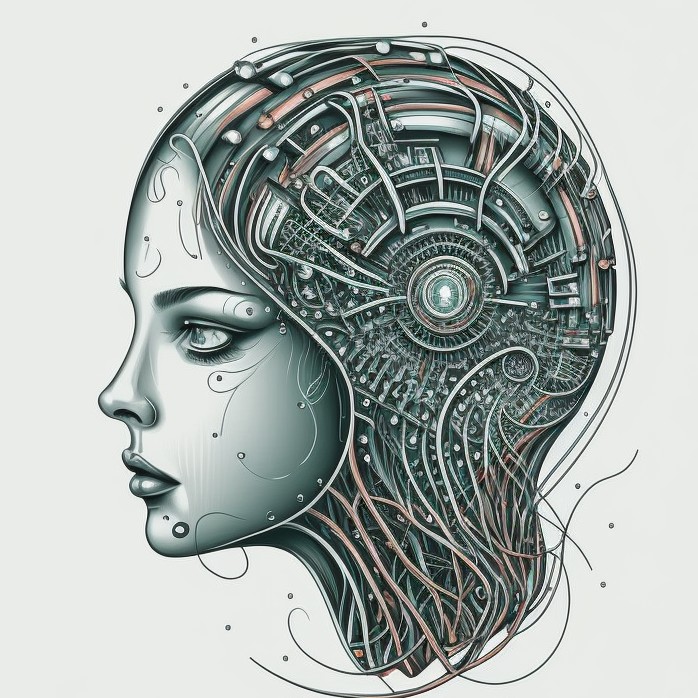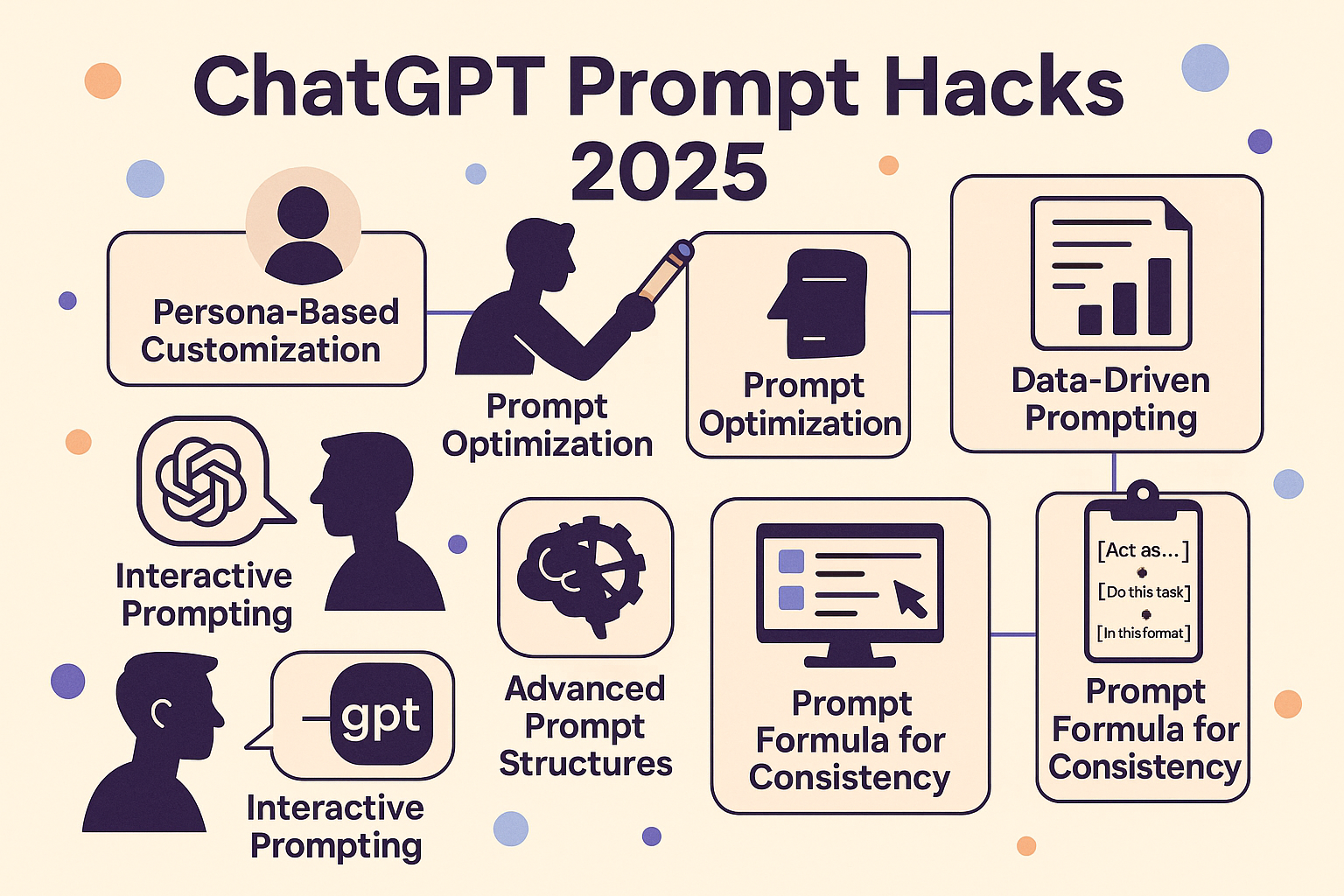How to Save Energy Using ChatGPT
Learn how this AI can predict optimal times for electric car charging and solar panel energy generation, contributing to energy conservation and sustainability

In the era of digital transformation, the quest for energy efficiency has become a top priority. As we strive to reduce our carbon footprint and embrace sustainable practices, artificial intelligence (AI) has emerged as a powerful ally. One such AI tool that's making waves in this realm is ChatGPT, developed by OpenAI. This article explores how to save energy using ChatGPT, providing practical examples and diving deep into its potential for energy conservation.
ChatGPT: A Brief Overview
ChatGPT is an advanced AI language model that can understand and generate human-like text. It's capable of performing a variety of tasks, from answering questions to writing articles, and even creating code. But beyond these capabilities, ChatGPT can also play a crucial role in energy conservation.
Energy Conservation with ChatGPT: The Basics
The key to saving energy using ChatGPT lies in its ability to handle complex tasks efficiently. By automating processes that would otherwise require human intervention, ChatGPT can significantly reduce energy consumption. For instance, it can automate data analysis in power plants, identifying inefficiencies or potential problems, and suggesting solutions to reduce environmental impact.
Charging Your Electric Car with ChatGPT
Imagine you own an electric car. One of the challenges you might face is determining the best time to charge it to take advantage of lower electricity rates or to balance the load on the power grid. ChatGPT can help with this. By analyzing historical data on electricity prices and usage patterns, it can predict the optimal time to charge your car. Here's an example of how you might interact with ChatGPT for this purpose:
User: "When should I charge my electric car to save on electricity costs?"
ChatGPT: "Based on historical data, electricity rates are typically lower during off-peak hours, such as late at night or early in the morning. I recommend charging your car during these times to save on costs."
Predicting Solar Panel Energy Generation
If you have solar panels at home, you might wonder how much energy they'll generate on a given day. This is where ChatGPT comes in. By analyzing historical weather data and solar panel performance, it can predict the amount of energy your panels will produce. This can help you plan your energy usage and even sell excess power back to the grid. Here's an example:
User: "How much energy will my solar panels generate tomorrow?"
ChatGPT: "Based on tomorrow's weather forecast and historical performance data, your solar panels are expected to generate approximately 10 kWh of energy."
The Environmental Impact of ChatGPT
While ChatGPT can help us save energy, it's important to note that the AI itself has a carbon footprint. The high computing demands required to train and run ChatGPT result in significant energy consumption. However, OpenAI is committed to reducing this impact and is continuously working on optimizing the model architecture and deployment strategies to make ChatGPT more energy-efficient.
Conclusion: The Future of Energy Conservation with ChatGPT
ChatGPT offers a promising avenue for energy conservation. By automating tasks, predicting energy usage, and providing actionable advice, it can help us reduce our energy consumption and move towards a more sustainable future. As we continue to explore and develop AI technologies, the potential for energy savings is vast.



